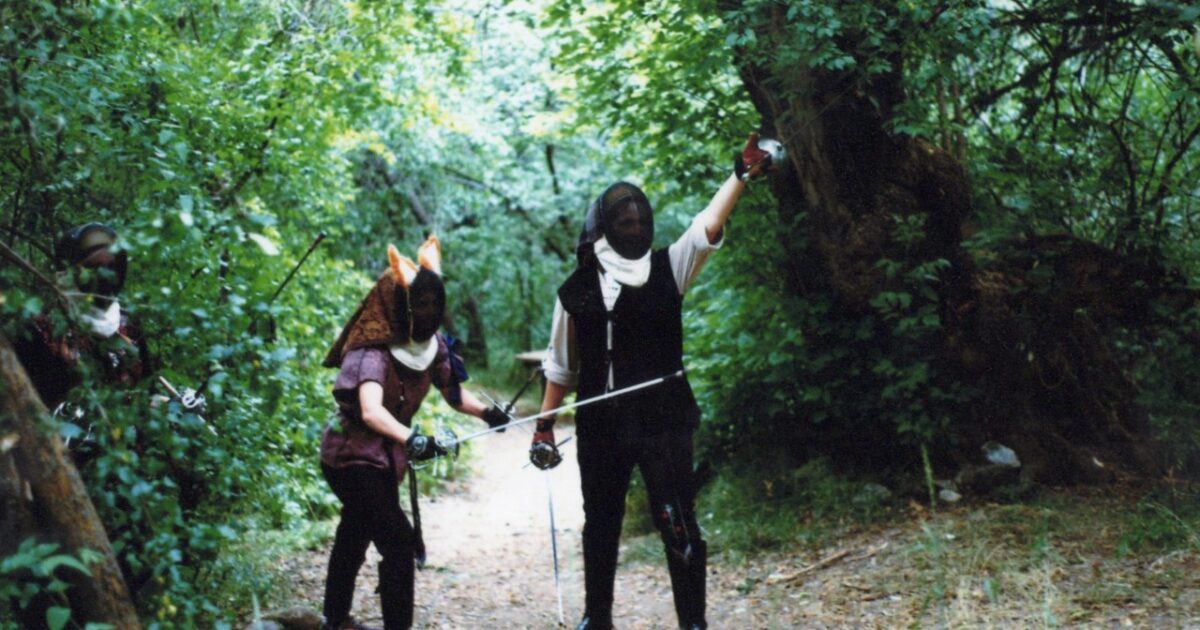Chess is a game that intrigues me. I can’t say that I love it, because I haven’t really taken the time to understand it the way that those insanely intelligent child prodigies or lifestyle Grandmasters have. I appreciate the long history and staying power of the game. The complex strategy and preplanning of moves really speak to my organized personality. In a way it is even fun. But what I really enjoy is the way it makes me think like no other game can. The game intrigues me, the effect it has on me is what I love.
I like losing Chess. I don’t try to lose; I actively try, very hard, to win. I feel accomplished and smart when I win, but I don’t often feel like I’ve improved. I like to lose because every time I do I learn something. I learn about the game, I learn about the person I’m playing with, and I learn about myself.
I lose more games of Chess than I win. Rather than destroy my confidence this has actually boosted it. Because the more games I play the more I can see my improvement. This is the difference between having a fixed mindset and an open one. If I were just naturally good and never lost I would be fixed in the mindset that I was amazing and no one would ever beat me. However, as I have discovered, there is always a better Chess player. If I were stuck in this fixed mindset of my superiority when I eventually came across this champion I would lose, and my confidence would completely collapse.
My open mindset helps me believe I can improve. I understand that effort makes me better. I have to put in more time and effort than the ‘naturals,’ and that usually leads to better results. Having an open mindset, allows for loss without trauma to my ego and for growth as a player. I don’t do it on purpose, but I do like to fail.
I apply these same mindsets to fencing too. When I’m fencing there is a great deal of complexity and pre-planning that goes on. As I have improved and refined my execution of the sport I have learned to see little gaps in my opponent’s defense. I have learned to position my sword or my body in such a way that my opponent is forced to react to my tactic or face loss. I can, with varying degrees of success, analyze my opponent’s stance, level of dominance, and what their likely target on me is going to be. I actively try, very hard, to win. And I like winning. But I also like to lose, every now and then. Like in Chess I have developed an open mindset when it comes to fencing. I know there is always going to be a better fencer, and I am glad for that. Because when I face them I’m going to be able to learn from failure, and I will improve and grow as a fencer and as a person too. In the end, I feel like that is part of what being Terrasylvan is all about.


Failure is to not try. A loss is not a fail.